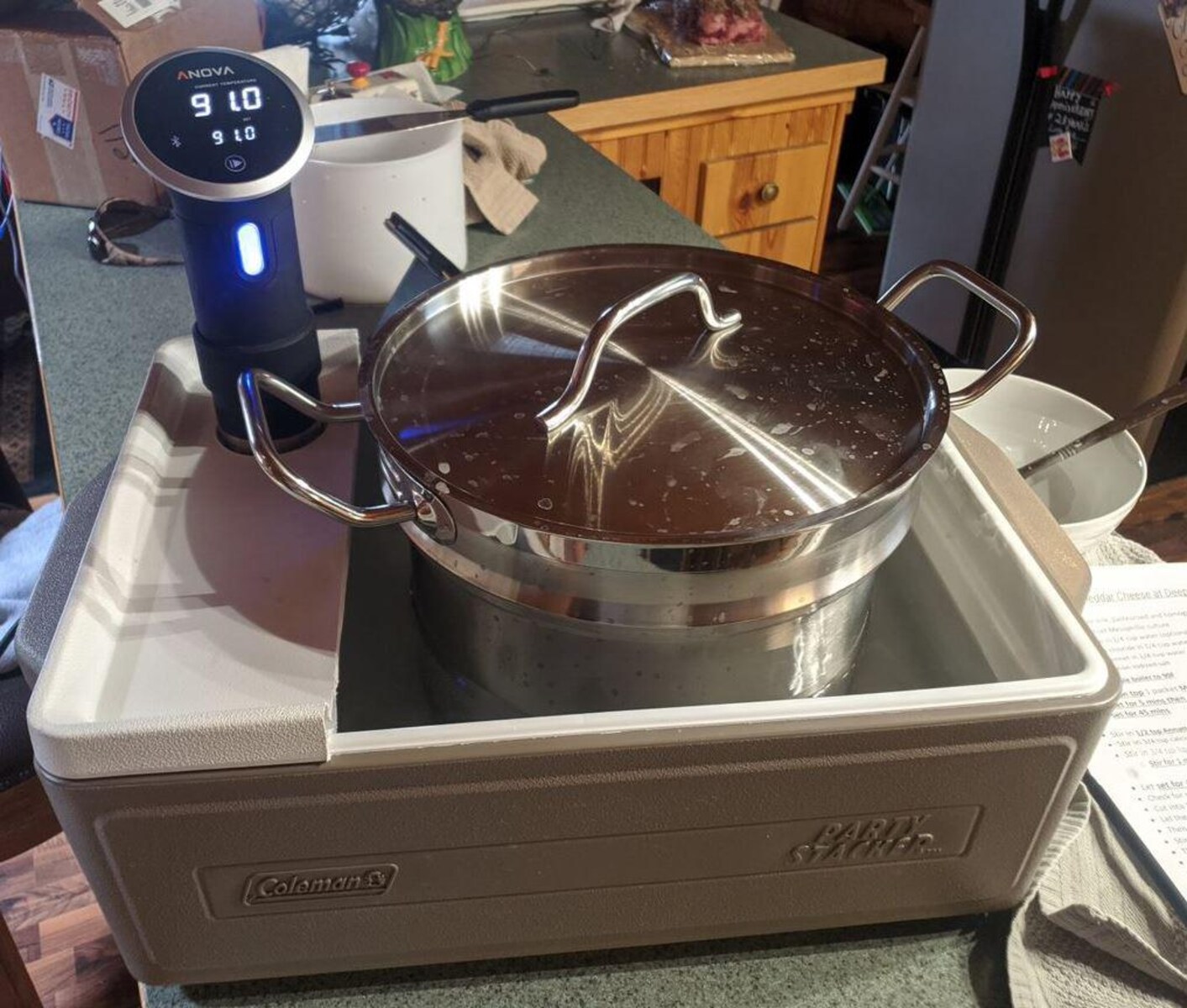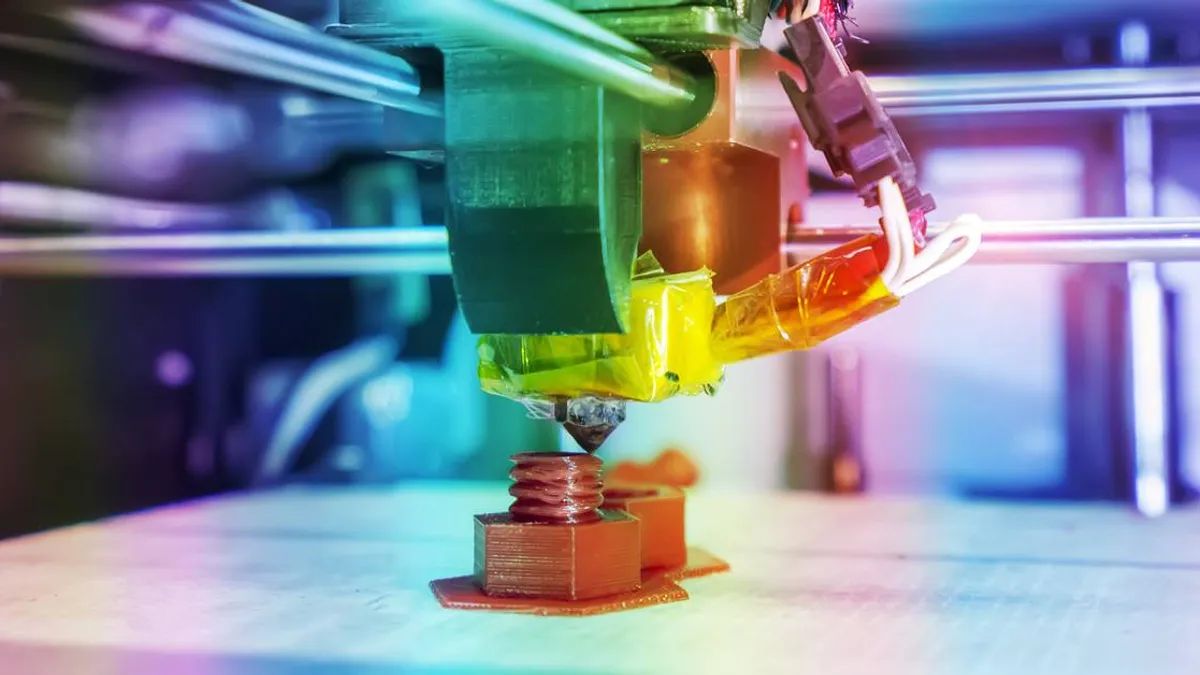AvantGuard, a company originally known as Halomine and spun out of Cornell University, is redefining the potential of chlorine. Rather than just using it as a pool cleaner or stain remover, AvantGuard has found a way to harness chlorine’s antibacterial capabilities and turn it into an effective surface protectant. By creating a polymer version of chlorine, AvantGuard is able to make any surface antimicrobial, opening up a wide range of potential applications.
Key Takeaway
AvantGuard has developed a polymer version of chlorine that can transform any surface into an antimicrobial surface. This revolutionary technology has numerous potential applications in areas such as water treatment, wound dressings, medical devices, and more.
The Science Behind AvantGuard’s Innovation
The concept behind AvantGuard’s technology lies in the use of N-halamines, an organic compound that combines nitrogen with chlorine. This combination enables powerful antibacterial properties, effectively leading to the death of harmful microorganisms. AvantGuard has licensed N-halamine technology from both Cornell and Auburn University, where extensive research has been conducted over the past three decades.
The Advantages of AvantGuard’s Polymer Version
What sets AvantGuard apart from traditional chlorine-based disinfectants is its polymer version of chlorine. This polymer enables the company to incorporate additional functionalities and stick the chlorine compound onto various surfaces. As a result, proteins are unable to adhere to these surfaces, making them resistant to microbial contamination.
Diverse Applications and Market Potential
The applications of AvantGuard’s polymer version of chlorine are vast. From water treatment to acne treatment, from topical antifungals to wound dressings, and from coating medical devices to creating long-lasting antimicrobial surfaces, the potential market impact is projected to exceed $70 billion.
Introducing 247: AvantGuard’s Spray-On Antimicrobial Coating
AvantGuard’s inaugural product is a spray-on antimicrobial coating called 247. When applied and left to dry, it forms a transparent film that binds chlorine to the surface, providing lasting antimicrobial protection. Unlike other coatings, 247 has passed rigorous testing by the Environmental Protection Agency (EPA) for its effectiveness against various pathogens. It has demonstrated a 99.9% reduction in microbial activity within two hours of application and is the only coating capable of achieving such results.
Currently, the coating needs to be reapplied every quarter, but AvantGuard anticipates extending the duration to once a year as further testing is conducted. Regulatory approval for 247 is expected in early 2024.
Research, Funding, and Future Plans
AvantGuard has received over $8 million in grants from esteemed institutions such as the National Institutes of Health and the National Science Foundation, as well as $4 million in equity. The company is actively seeking a strategic partnership with a medical device company and is focused on developing an antifungal product. Additionally, AvantGuard plans to initiate another round of funding by the end of this year to support its mission of becoming the first line of defense against pathogens on all surfaces.
The breakthrough in turning chlorine into a potent antiseptic showcases AvantGuard’s commitment to innovation in healthcare and its potential to revolutionize surface protection. With its groundbreaking technology, AvantGuard aims to provide a powerful defense against pathogens and reduce reliance on oral antibiotics.

























